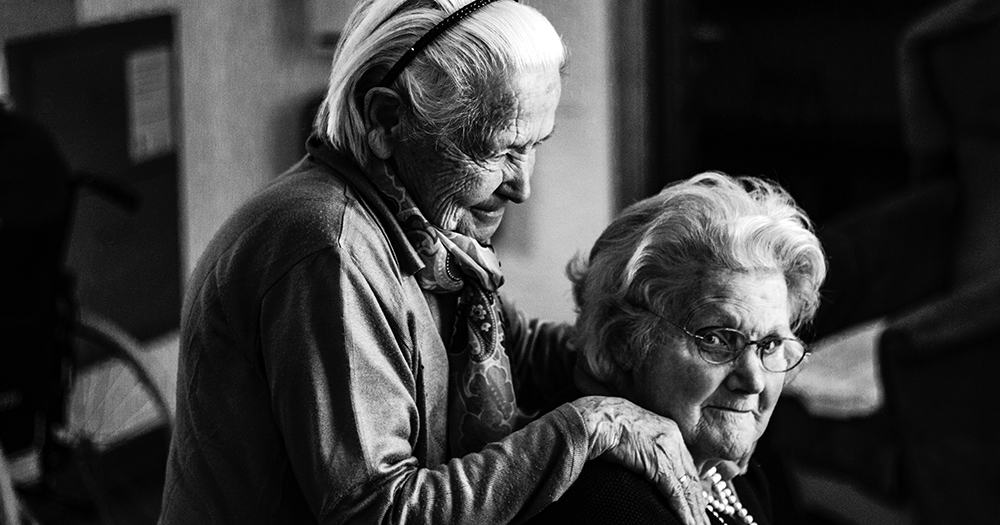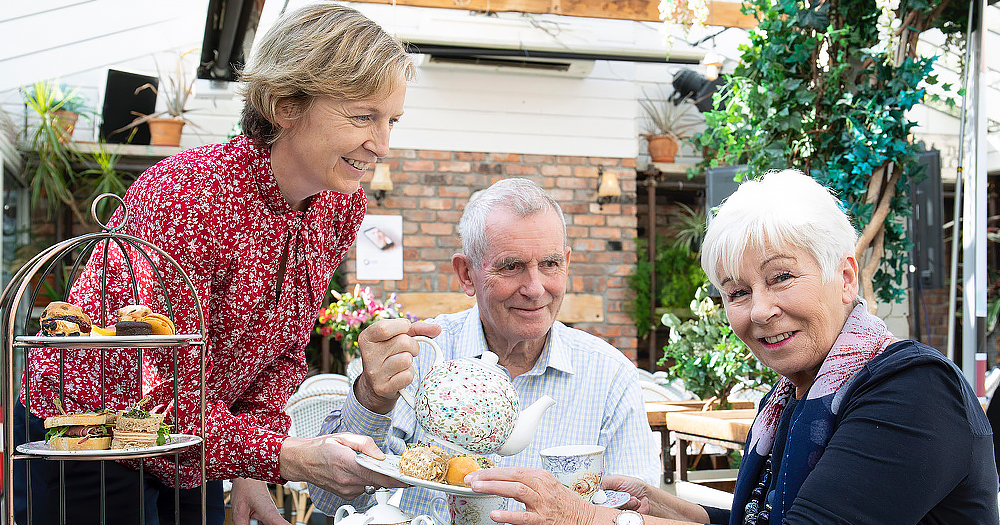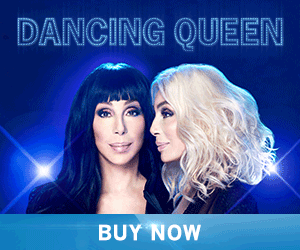LGBT Ireland (today 1st October) launched its National Helpline Poster Campaign for older people as part of International Day of Older Persons 2018. The poster campaign aims to raise awareness of their helpline and support services available to older LGBT people and also aims to raise the visibility of older LGBT people with mainstream services.
The Poster campaign will run in collaboration with Nursing Homes Ireland, Sage Advocacy, ALONE, and Age & Opportunity as a principal step in raising awareness and visibility of older LGBT people within older age services. These organizations will be disseminating the poster to their member services across the country.
LGBT Ireland launched its National Helpline Poster Campaign for older people as part of International Day for Older Persons. The campaign aims to raise awareness of support services available to older LGBT people and raise visibility of older LGBT people with mainstream services pic.twitter.com/YDlloXE3Y1
— LGBT Ireland (@LGBT_ie) October 1, 2018
The campaign also serves to raise awareness of the “double invisibility” faced by older LGBT people compared to older people generally and the need for mainstream health and social care services to be welcoming and supportive of older LGBT people so they feel comfortable to access healthcare services when they need them. Statistics from the Visible Lives study in 2011 showed that 40% of the older people surveyed were not out to their health care provider and many feared that healthcare staff would not understand or would discriminate against them because they were LGBT.
LGBT Ireland is currently providing training to health and social care services as there are very few LGBT people visible within these services. Describing the Training Programme, Paula Fagan, CEO of LGBT Ireland said “the new LGBT Awareness Training Programme is specifically designed to equip staff with the knowledge, competence and skills to provide inclusive healthcare to older LGBT people. This is particularly important in residential care settings and we are aiming to have at least one LGBT Champion in every Nursing Home in Ireland by 2021.”
The poster campaign and training programme was developed as a result of consultations LGBT Ireland held with older age services and according to Ms Fagan, “it is clear that older LGBT people are largely invisible within mainstream services at the moment. This is not surprising given that older LGBT people grew up in a time when it was extremely difficult to be open about being Lesbian, Gay Bisexual or Transgender and much experienced significant discrimination, stigma and social exclusion.
As this year marks the 25th anniversary Ms Fagan referenced the words of the Taoiseach when he thanked people who “helped change minds and change laws” in 1993 but “help is still needed 25 years later and into the future to give all LGBT people full inclusive rights and supports”, says Ms. Fagan.
The LGBT Ireland research found that despite the barriers of over 25 years and more, people did manage to come out and this has paved the way for the increased visibility and rights we see today. However, as this older generation began to access health and social care support, research has found that many ‘go back into the closet’ as they fear those caring for them will be insensitive about their LGBT identity or will discriminate against them because of it.

14% of calls to the LGBT Helpline last year were from older LGBT+ people.
The main reasons for contacting the organisation were due to lack of social supports, isolation, and loneliness.
77 % of the older people who contacted the LGBT Ireland Helpline lived in rural parts of Ireland, with rural isolation cited as a major concern and issue. Across the country there are no LGBT specific supports in many rural communities which makes it impossible for people to build a support network.
The Visible Lives Study found that many are reluctant to access health and social care because they fear discrimination from mainstream service providers. The study made a series of recommendations in relation to improving the health and social supports for older LGBT people but as yet, have still not been implemented and according to Paula Fagan, “more resources are needed for support services for older LGBT people across the country and more funding is needed to train health and social care staff in mainstream older people’s services to ensure they are welcoming and inclusive of older LGBT people.”
The LGBT Helpline is 1890 929 539 or log onto www.lgbt.ie
© 2018 GCN (Gay Community News). All rights reserved.
Support GCN
GCN is a free, vital resource for Ireland’s LGBTQ+ community since 1988.
GCN is a trading name of National LGBT Federation CLG, a registered charity - Charity Number: 20034580.
GCN relies on the generous support of the community and allies to sustain the crucial work that we do. Producing GCN is costly, and, in an industry which has been hugely impacted by rising costs, we need your support to help sustain and grow this vital resource.
Supporting GCN for as little as €1.99 per month will help us continue our work as Ireland’s free, independent LGBTQ+ media.

